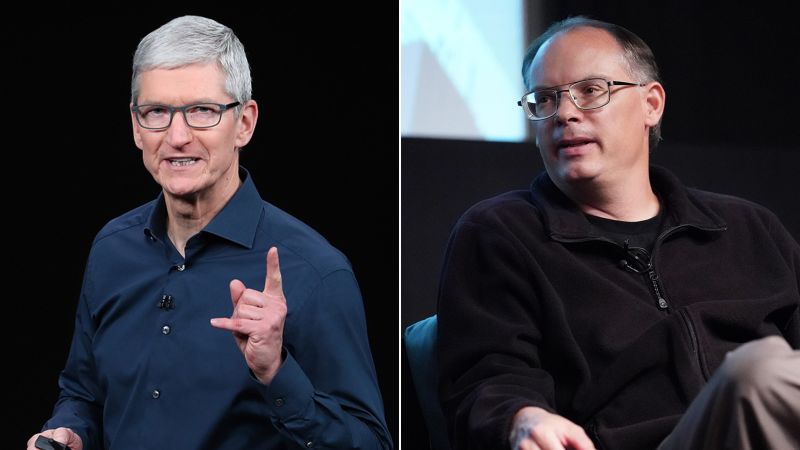Apple will have to comply with a sweeping injunction reshaping its relationship with mobile app developers and potentially billions dollars in app-related sales, after the US Supreme Court declined to review the lower court’s order on Tuesday.
Apple estimated in 2022 that developers generated $1.1 trillion in the App Store that year, making the high court’s decision not to hear the case a major blow to Apple.
Apple generally takes a 30% cut of in-app purchases of digital goods and services, though it takes a lower 15% cut in some situations and the company has said many app makers pay no commission at all.
The company for years has sought to prevent app makers from using buttons, links or other features within iOS apps to direct customers to purchase in-app content through payment channels other than Apple’s.
By not hearing Apple’s petition, the Supreme Court leaves in place a nationwide injunction prohibiting Apple from intervening when developers include such features in their apps.
It also highlights how a lawsuit triggered by “Fortnite”-maker Epic Games appears to have resulted in lasting changes to Apple’s app store, affecting potentially millions of apps across iOS.
At stake are the lucrative fees that Apple can charge when in-app transactions are processed through the iPhone-maker’s proprietary payment channels.
Apple’s app store terms had included so-called “anti-steering” language asserting a right for the iPhone maker to block developers from adding features designed to circumvent Apple’s payment system.
The injunction takes aim at that language, barring Apple from enforcing it.
That court order, first issued by a federal district court in Apple’s landmark antitrust battle against Epic Games, could affect potentially millions of app developers, Apple said in its Supreme Court filings.
Apple had argued that the order was unconstitutionally broad because it affected developers who were not involved in the Epic Games litigation.
In a related decision, the Supreme Court declined to hear Epic’s own appeal, which claimed that lower courts had wrongly concluded Apple’s app store practices did not violate federal antitrust law but did violate aspects of California’s unfair competition law.
Apple didn’t immediately respond to a request for comment.
In a thread posted on X, the platform formerly known as Twitter, Epic Games CEO Tim Sweeney said that while the court’s rejection of its petition was “a sad outcome” in Epic’s fight to force open Apple’s app store, the surviving injunction will allow app-makers “to tell US customers about better prices on the web.”
This story has been updated with additional developments.
Read the full article here



